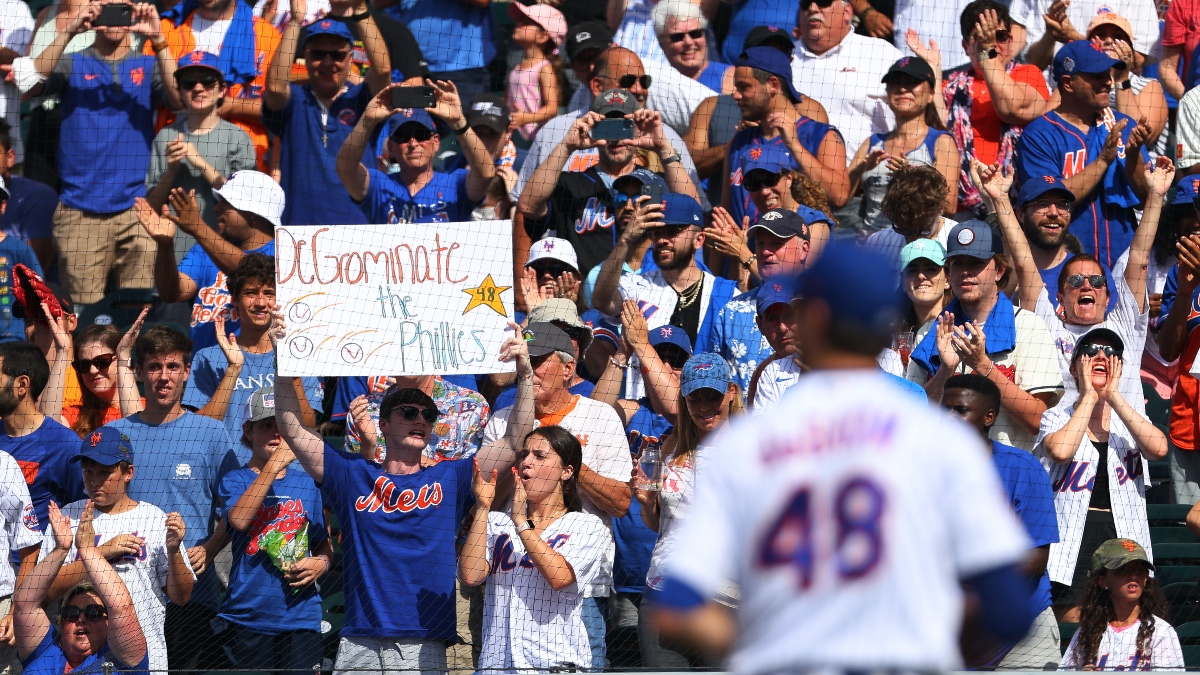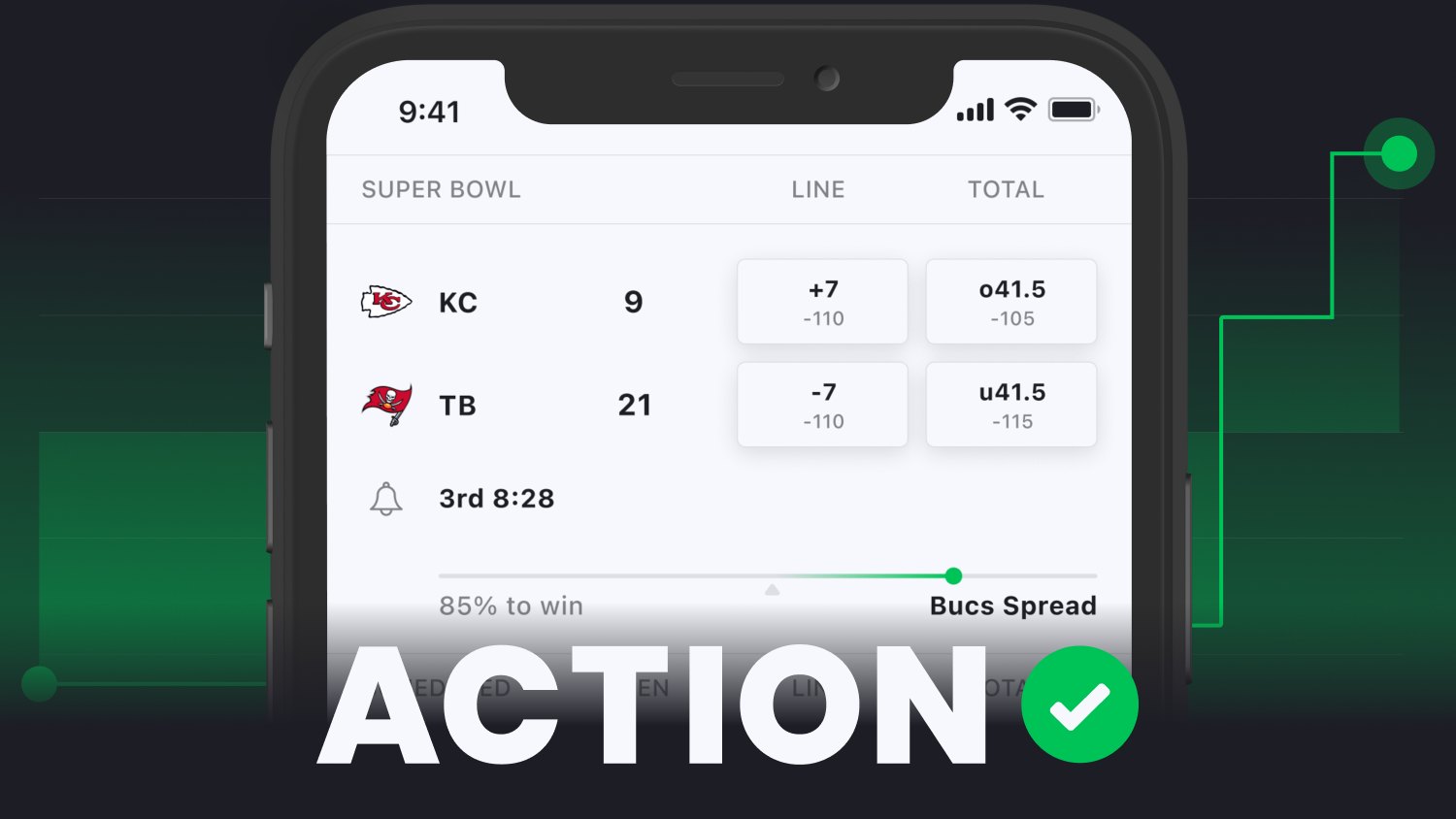Will High Tax Rate for New York Sportsbooks Affect Bettors?
Rich Schultz/Getty Images. Pictured: New York Mets ace Jacob deGrom.
New York didn't end up with a state-run monopoly in sports betting, like the one-operator states of Rhode Island and New Hampshire. But the nine sportsbooks expected to launch in January have to play by New York's rules.
The big rule? A 51% tax rate on profits, significantly higher than the 13% rate on mobile bets in New Jersey or the 10% in Colorado, both sportsbook-friendly states.
That makes New York's model a revenue share between the state and its nine sportsbooks, Daniel Wallach, an attorney and preeminent figure in the gaming and sports betting world, said this week on The Favorites Podcast from The Action Network.
And for the end user, the bettor, it really comes down to one thing — will sportsbooks try to pass on costs to consumers with worse odds and more vig?
Wallach doesn't think so.
"The average consumer is not going to care about the tech," Wallach said. "So long as it does not manifest itself in the higher prices or worse promotions, or deposit bonuses on the retail level, the customer doesn't notice the difference."
Wallach and host Chad Millman debated about whether customers would feel that downstream impact in the odds, but Wallach pointed to Rhode Island and New Hampshire as two states with high tax rates where the customer has not noticed a difference (besides not having a variety of books to bet at).
"DraftKings and I believe IGT or William Hill/Caesars, they're doing well in those respective states," Wallach said. "And I believe with nine operators, competition will force a competitive marketplace regardless of the tax rate."
Wallach also said the nine operators in New York could fight back against the tax rate down the line; it's not unchangeable. And if the state does let more operators in, the tax rate will go down anyway to 35%.
Wallach pointed to his home state of Florida and its slot machines, which had a 50-60% tax rate that operators eventually fought to overturn.
"The revenue share is going to be problematic, but every online sportsbook operator will make out pretty well under this scenario," Wallach said. "And I think down the road, if the system doesn't work out profitably for the books, there's no prohibition against going back a year from now.
"So just revise their contracts with the vendors. This is a private-public partnership. And under the statutory framework, the gaming commission has the authority to change any of the terms of the contract. So this is not going to go on in perpetuity.
"And if New York is losing business to New Jersey, Connecticut, then you'll see a change maybe a year or two years out. But in the short term, I think location, location, location is going to make New York, the top sports betting market in the country."
How would you rate this article?


